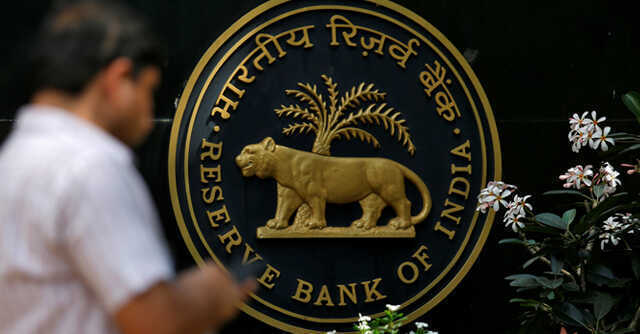
RBI to launch retail digital rupee pilot on 1 December


The Reserve Bank of India (RBI) on Tuesday announced the launch of a pilot for retail digital Rupee (e₹ R) on 1 December with four banks in four cities, a month after testing the wholesale central bank digital currency (CBDC).
The pilot, RBI said in a press release, would cover select locations in a closed user group (CUG), comprising participating customers and merchants. While it has identified eight banks for gradual participation in the pilot, the first phase will begin with four of them: State Bank of India, ICICI Bank, Yes Bank and IDFC First Bank.
The other four banks: Bank of Baroda, Union Bank of India, HDFC Bank and Kotak Mahindra Bank, will subsequently join the pilot, it said. While the retail CBDC would initially cover Mumbai, New Delhi, Bengaluru and Bhubaneswar, it will be later extended to Ahmedabad, Gangtok, Guwahati, Hyderabad, Indore, Kochi, Lucknow, Patna and Shimla.

“The e₹-R would be in the form of a digital token that represents legal tender. It would be issued in the same denominations that paper currency and coins are currently issued,” the statement said.
The advantage of CBDC over existing digital payment systems is that payments through the digital currency would be final and without the need for interbank settlement.
Distributed through banks, users will be able to transact with e₹-R through a digital wallet offered by participating banks and stored on mobile phones. According to RBI, digital rupee transactions can be both person to person and person to merchant. It said that payments to merchants can be made using quick response (QR) codes displayed at merchant locations.

“The e₹-R would offer features of physical cash like trust, safety and settlement finality. As in the case of cash, it will not earn any interest and can be converted to other forms of money, like deposits with banks,” RBI said.
According to V Vaidyanathan, chief executive, IDFC First Bank The central bank digital currency would give greater anonymity than exiting digital transactions. That is because the transfer from user wallet to another user or to a merchant would not hit the underlying bank account.
“India is a growing economy and while it already has several digital payment channels, this would add to the options available before users. At present it is being done on a pilot basis, but in future, it will be the next big thing in the payments space once it gathers some critical mass,” said Vaidyanathan.

The pilot will test the robustness of the entire process of digital rupee creation, distribution and retail usage in real time, RBI said, adding that different features and applications of the retail digital rupee token and architecture will be tested in future pilots, based on the learnings from this pilot.
“The scope of pilot may be expanded gradually to include more banks, users and locations as needed,” it said.
Last year in July, RBI deputy governor T Rabi Sankar had spoken at length about the relevance of CBDC in the Indian context, given that domestic payment systems are largely real-time and transaction costs are perhaps the lowest in the world. In fact, a pilot survey conducted by RBI on retail payment habits of individuals in six cities between December 2018 and January 2019, showed that that cash remained the preferred mode of payment and for receiving money for regular expenses. For small value transactions — of up to ₹500 — cash is used predominantly.

Sankar had said that the preference for cash represents a discomfort for digital modes of payment, CBDC is unlikely to replace such cash usage. But preference for cash for its anonymity, for instance, can be redirected to acceptance of CBDC, as long as anonymity is assured, he had said.
